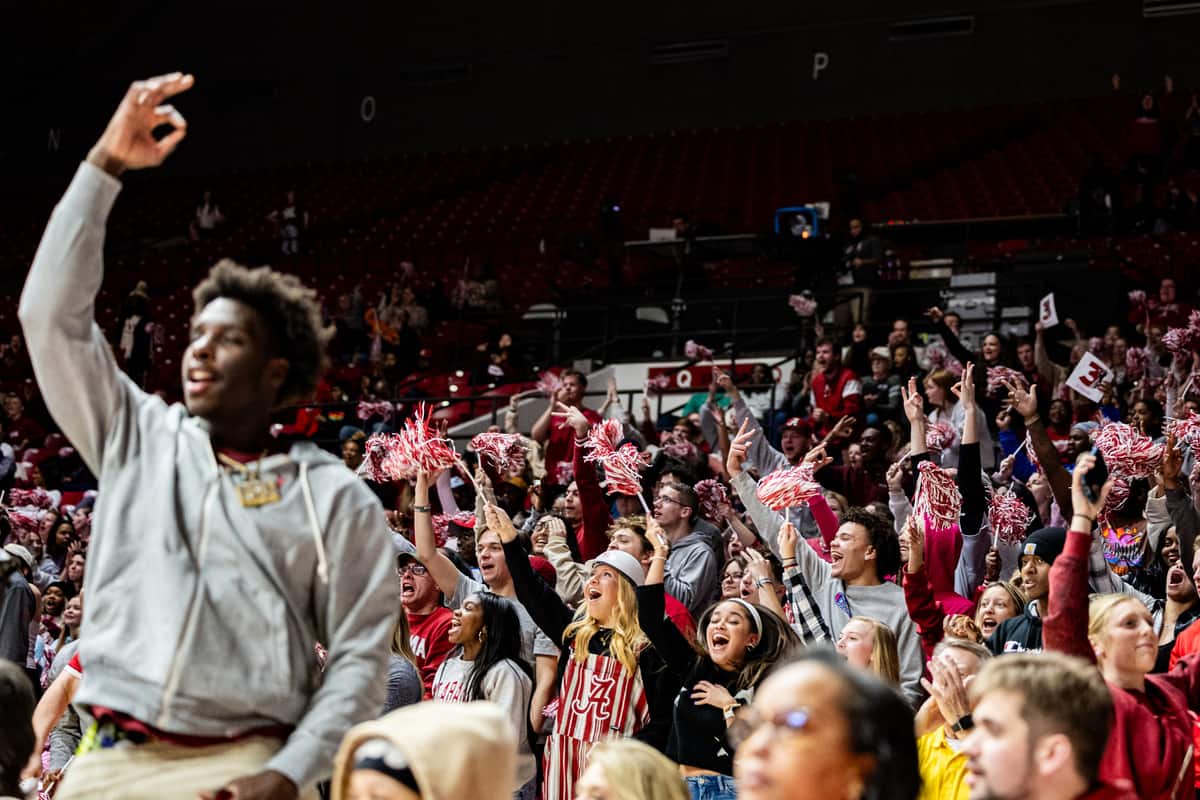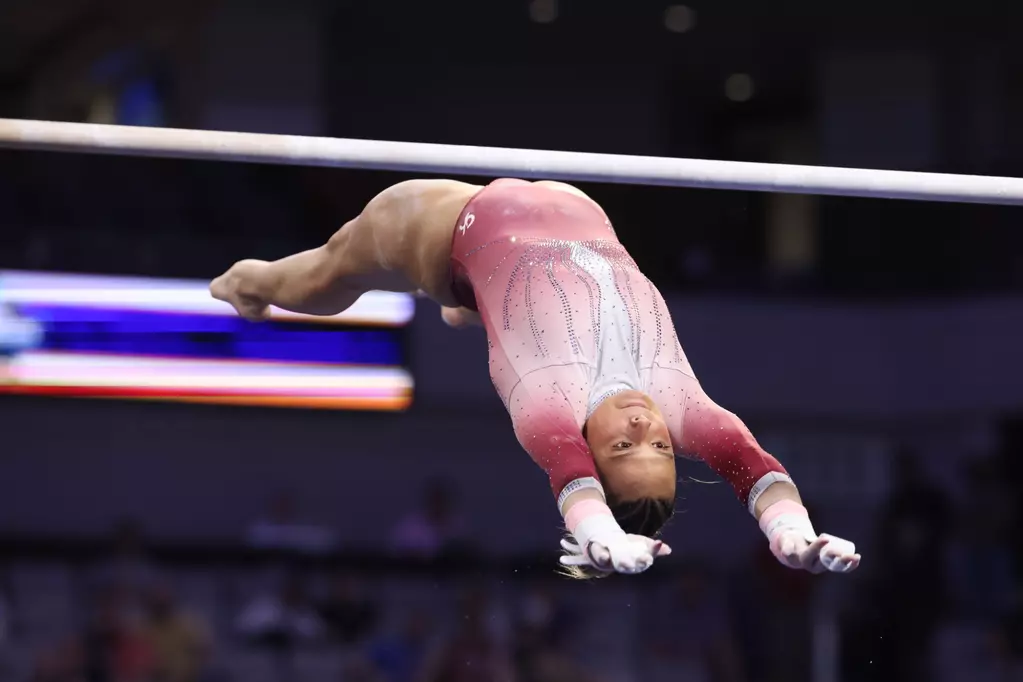Over the past few seasons, women’s basketball has seen an unprecedented amount of attention from both sports enthusiasts and regular people alike. From the rise of both talented and personable players coupled with the era of name, image and likeness deals in college athletics, women’s basketball is on a fast track.
In the past few years, women’s basketball has seen a massive surge in popularity, with 2023’s NCAA tournament title game between LSU and Iowa seeing a 104% increase in viewership compared with past years. It was the most viewed women’s basketball game ever and ESPN+’s most watched sporting event ever, men’s or women’s, with 12.6 million viewers.
Beyond one game, women’s basketball continues to impress in 2024. The Iowa vs. Nebraska Big Ten championship hit a peak of 4.45 million viewers, becoming the most streamed women’s basketball conference tournament game on any network and the most watched women’s basketball game on CBS in 25 years.
For some players, the change results from the game finally getting the respect it’s owed.
“I think that back in the old days, if you showed your emotions too much, you’re dramatic, or you’re emotional and you wouldn’t get the same respect as if a male did it,” Alabama guard Sarah Ashlee Barker said. “Now, we’re getting that respect. We’re showing that we’re tough. Showing we’re gritty. Showing that we can compete on the court and be just as tough, as rowdy, and then off the court, we can be this girly girl. We can do all these things. And I think that’s what’s made this sport so, so fun to watch the past couple of years.“
Iowa has seen a massive uptick in viewership mainly because of one player, senior guard Caitlin Clark. Clark recently took down the NCAA Division I all-time men’s and women’s scoring records with 3,668 points.
Even Shaquille O’Neal pointed out her talent on the “Inside the NBA” broadcast.
“I’m going to go on the record and say she’s the best female collegiate player ever,” O’Neal said.
Support from NBA players like O’Neal and Kobe Bryant, who, before his death in 2020, advocated for the importance of women’s sports, isn’t lost on women’s basketball players.
“Before Kobe died, he really did a huge thing for the WNBA and just tried to support women as much as he could,” Barker said. “I think that when he died, a lot of male figures kind of stepped into that and wanted to support him. So, I think even having male advocates for us plays a big role.”
Iowa has not been the only one leading the charge. Other schools, like LSU and South Carolina, have also been seeing traction and selling out stadiums.
South Carolina has consistently been one of the best teams in women’s basketball for years. The Gamecocks further cemented their national notoriety this year after they earned both the SEC tournament and regular-season titles. It is the only women’s team in the country to do this since 2016.
The team averaged a crowd of 15,613 per game, leading the nation in women’s basketball attendance. Tickets ranged from $70 to $400, but on secondary markets, some paid up to six times the face value of the ticket.
LSU was also known for breaking stadium records wherever the team went, even garnering the 5,575 fans it took to make it a record-breaking night for Alabama’s program when the Tigers came to town.
The Tigers have taken a unique approach to furthering the game. Instead of relying solely on the team’s talent, they’ve also leveraged the team’s vivid personalities.
LSU scoring duo Flau’jae Johnson and Angel Reese have amassed a cultlike following. Last year, they both individually had more followers than any other player in the Final Four of the NCAA tournament, man or woman. The duo boasts a combined nearly 10 million followers and 31 NIL deals.
Despite the attention she’s personally gained, Johnson finds more satisfaction in the attention brought to the sport.
“I kind of just have to remind myself, like, the little girls are here, the little boys are here, and they’re looking up to you,” Johnson said after LSU’s game against Alabama. “So, it’s cool to have record-breaking crowds. We know people want to come see us, but the deeper impact that we have for the game and the way it’s growing is amazing to see.”
Some players attribute the significant growth of women’s basketball to the key role social media has played in building the game’s presence and audience.
“People from across the country can watch people play and follow each other. You make friends within basketball from across the country,” Alabama guard Aaliyah Nye said. “I think social media is just growing every day. I mean, let’s just think about it. Like, when we were younger, there was no way we could track our role models unless we lived in a college city. I lived in East Lansing [Michigan], and that’s the only way I could really follow who I admired.”
Many brands have noticed the increasing popularity, and NIL deals have followed. With an NIL valuation of $3.1 million, Clark is currently ranked fourth in the country for the highest NIL deal valuation.
Clark is an anomaly, though, and despite the monetary success some other players have found, it still pales in comparison to the money many men’s players find themselves with. Nye thinks this lack of money draws people to women’s basketball.
“I think people are noticing we’re more genuine,” Nye said. “Some male athletes do it for money. In women’s sports, we only do it because we love it, we want to inspire little girls, and we just want to play for our program because, honestly, we’re not doing it for money at all because we don’t get paid like male athletes do for this sport.”















